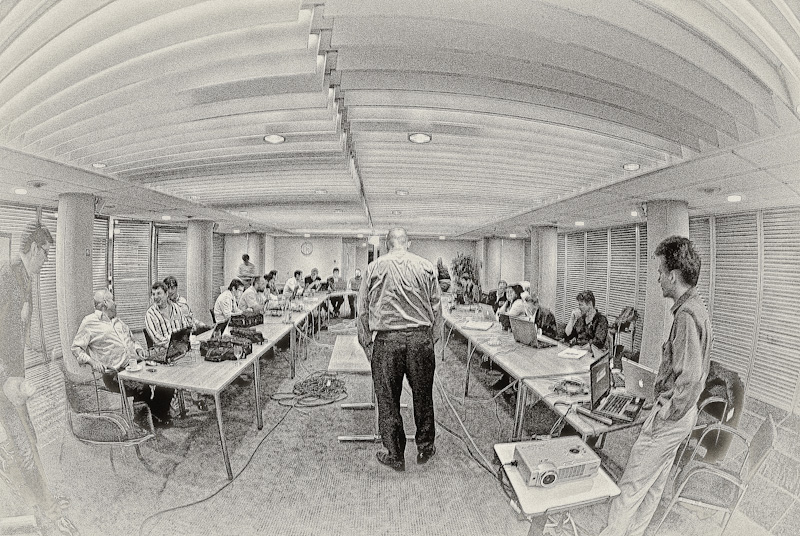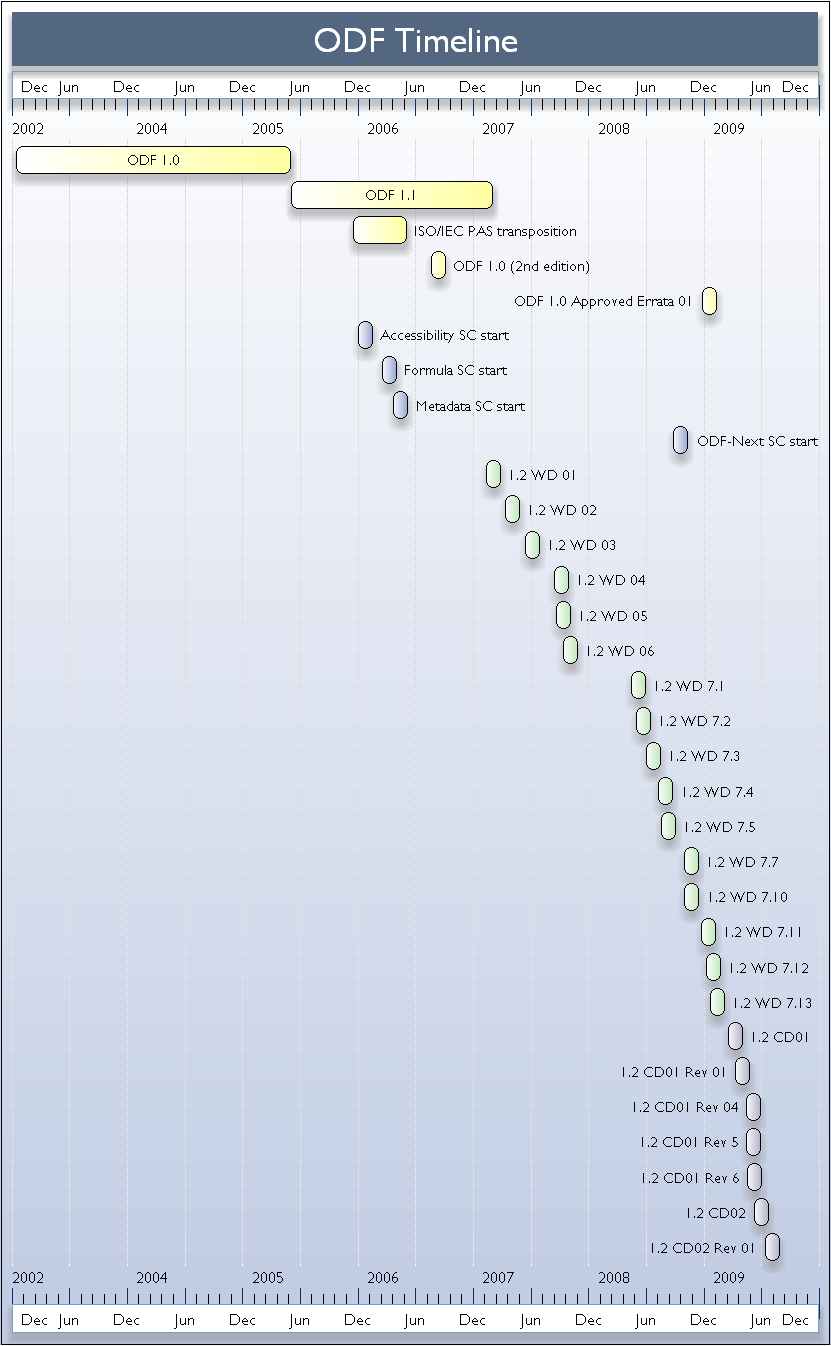I have a mental model of how Wikipedia works and behaves. This may not reflect reality, but it is how I, as an end-user, expect Wikipedia to behave. I think these are reasonable expectations regarding things like standards of proof and balance and that if the real Wikipedia differs substantially from these expectations, then we have a problem.
Please let me know if my mental model differs from reality.
First, I assume that we deal with facts, not opinions. So an editor cannot state a personal opinion such as, “Citizen Kane is the greatest movie ever made”, since there is no objective, recognized scale for cinematic greatness.
However, saying, “Citizen Kane topped the list of ‘Greatest Films’ according to a 2002 poll of directors and film critics by Sight & Sound magazine” would be fine. It is a factual statement, albeit a statement about an opinion, but the factual portion of it is verifiable. It is a fact about an opinion and that is OK.
But if I made the statement, “Citizen Kane is the greatest movie ever made” and cited the Sight & Sound article, this would not be proper, since that article does not establish the fact of the greatest movie, but only the fact of a poll that collected opinions on the greatest movie. A fact about the existence of an opinion (or even a polled opinion) does not assert the truth of the opinion.
Similarly, a statement, “Gone with the Wind has been criticized for its long running time” would not be properly cited by merely referencing a source that states its length as 238 minutes. That citation would merely be evidence of its length, not that its length was inordinate. You need a citation for the length being criticized.
Similarly, if another recognized expert stated, “Gone with the Wind was too short and failed to cover the entire Mitchell novel”, then I would expect both opinions to be mentioned, not merely selecting an arbitrary opinion.
I also expect that cited sources have recognized (not merely self-declared) expertise in the area. So, I would find it idiosyncratic if an article on cinema said, “Citizen Kane is the greatest film ever made, according to a fan blog post by Joe Blow, a ophthalmologist in Podunk, Michigan”, since he would be a source cited outside any area of recognized expertise.
I also, as a user, expect Wikipedia to give a balanced view of issues. This does not mean equal time to all fringe opinions. Although I expect there to be multiple views presented on the propriety of the Iraq War, I would not expect that someone who believes that Abraham Lincoln was an alien from the planet Quthbral to have a section in the Lincoln article, even if he could cite a blog post or a photocopied article, or self-published book on the subject. Ditto for Flat Earth Society members, holocaust deniers and those who think the Apollo moon landing was filmed on a Hollywood sound stage.
On the other hand, I don’t expect that every fact requires a citation. For example as a user, I don’t expect to see citations whenever someone says “Mercury is the closest planet to the Sun”. Similarly, I would find it odd if someone removed that assertion for lack of a citation.
However, I would be suspicious if someone writes something in the form, “Mercury is the hottest planet because it is closest to the Sun”. Although the it is well known that Mercury is the closest planet, it does not follow that it is the hottest. In fact, Venus is the hottest planet. It is a subtle form of editorializing, where an editor can inadvertently introduce personal assumptions into an article. I’m assuming Wikipedia editors are on the watch for this kind of thing.
On the other hand, some things clearly logically follow from known facts. If we know that John Brown was buried on January 23rd, 1582, then we should, absent contrary evidence, safely be able to state that his date of death was on or before January 23rd, 1582. I would not expect someone to revert such a statement as being unfounded, speculation, original research, etc. It logically follows based on our knowledge of how the world works.
Does anyone know whether the above statements have any basis in the aspirations or actual practice of Wikipedia editors and admins? Sadly, my recent reading of some articles suggests that these reasonable expectations are routinely flouted and bear little resemblance to reality.

